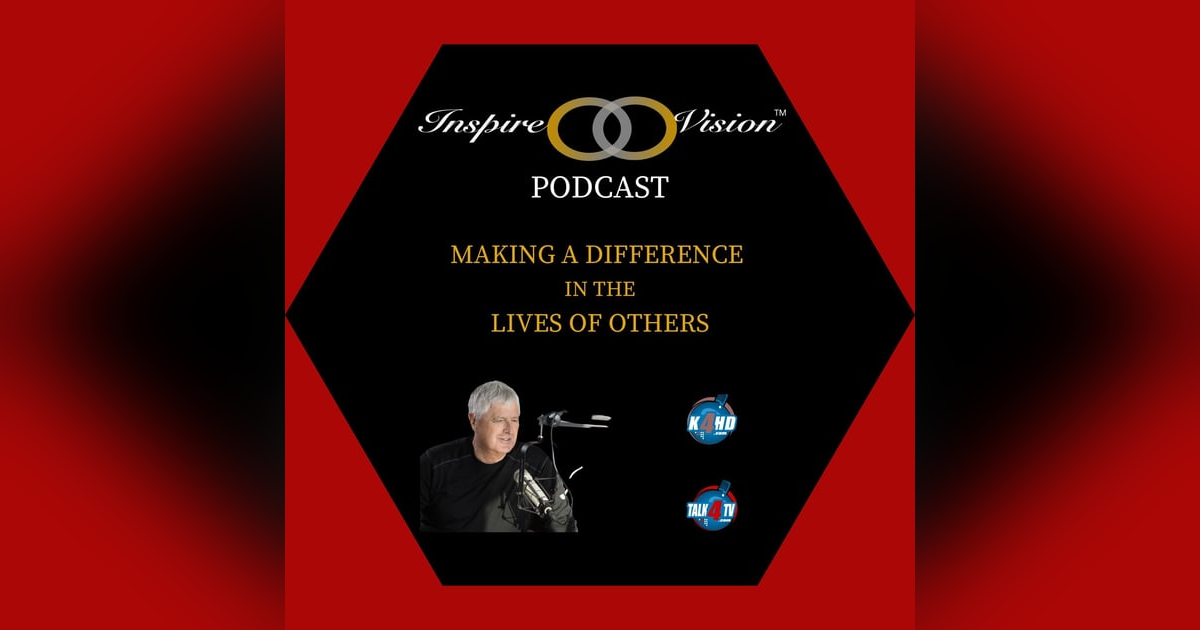Exploring the Essence of Truth: A Journey into Perception and Reality

In a world swirling with perspectives and interpretations, the concept of truth stands as an elusive enigma. What is truth? Is it a fixed point in an ever-shifting reality, or is it as fluid as the streams of consciousness that define our existence?
At its core, truth embodies the alignment between perception and reality. It's the congruence between what we believe or perceive and what actually is. However, this simple definition belies the complexity that surrounds the concept.
One of the fundamental challenges in defining truth lies in the subjectivity of human experience. Each individual perceives reality through the lens of their unique upbringing, beliefs, biases, and experiences. What may be true for one person might not necessarily hold true for another. This subjectivity gives rise to multiple truths, each valid within its own context.
Moreover, truth is not static; it evolves over time. Scientific discoveries, cultural shifts, and personal growth constantly reshape our understanding of reality. What was once considered true may be proven false, and vice versa. This dynamic nature of truth invites us to embrace humility and openness in our pursuit of knowledge.
In the realm of philosophy, truth is often divided into two categories: objective and subjective truth. Objective truth refers to facts and phenomena that exist independent of human perception, such as mathematical principles or scientific laws. Subjective truth, on the other hand, pertains to individual beliefs, emotions, perceptions and interpretations.
Yet, even within the realm of objective truth, nuances and complexities abound. Scientific theories, while grounded in empirical evidence, are provisional and subject to revision in light of new data. This acknowledgment of uncertainty is a hallmark of scientific inquiry, emphasizing the importance of skepticism and critical thinking in the pursuit of truth.
Furthermore, truth is not solely a cognitive construct; it encompasses emotional and moral dimensions as well. Honesty, integrity, and authenticity are integral to living a truthful life, both in how we engage with ourselves and with others. In a world inundated with misinformation and deceit, upholding these values becomes increasingly vital.
In our quest for truth, we must also confront the limitations of our perception and cognition. Our senses are imperfect, our memories fallible, and our reasoning prone to biases. Recognizing these limitations, we strive to seek truth through collective inquiry, dialogue, and empirical investigation.
Ultimately, the essence of truth transcends the confines of language and rationality. It resides in the depths of human consciousness, in the pursuit of meaning and understanding that defines our existence. While we may never fully grasp the entirety of truth, the journey itself—filled with wonder, curiosity, and discovery—is a testament to the beauty of the human spirit.
In conclusion, the nature of truth is multifaceted and elusive, yet its pursuit remains a quintessential aspect of the human experience. As we navigate the complexities of reality, let us approach the quest for truth with humility, curiosity, and an unwavering commitment to authenticity, and a respect for other’s present perception of truth. For in our relentless pursuit of truth, we discover the boundless potential of the human mind and spirit.
































